From Los Angeles 1984 to LA28: Celebrating Four Decades of Olympic Legacy
Published 08-27-24
Submitted by International Olympic Committee
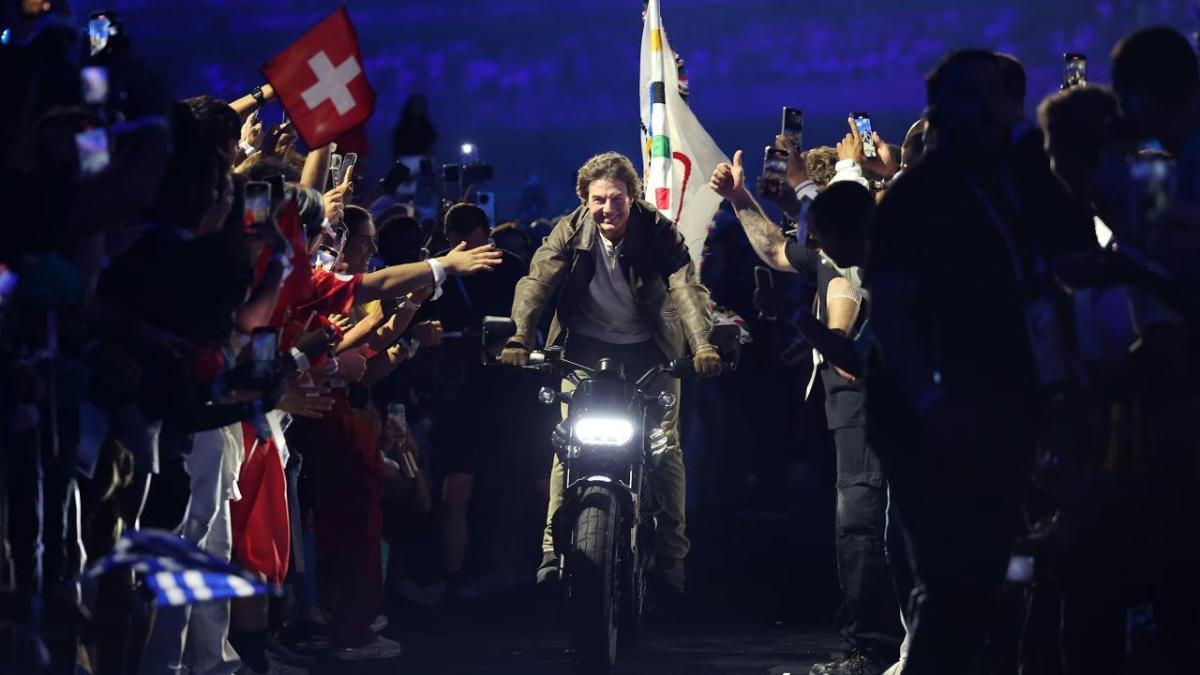
International Olympic Committee news
In a spectacular, star-studded Closing Ceremony, Paris handed over the Olympic flag to Los Angeles as the host of the Olympic Games in 2028. But the LA28 Games are already creating benefits for their host communities, drawing on the legacy of Los Angeles 1984.
Making sport more accessible for young people
The Olympic Games Los Angeles 1984 delivered a sporting legacy to the city long before the Games even began, and have kept the local population active for decades since. The LA84 Foundation – founded with the surplus from the 1984 Games operations budget – has upheld this legacy by continuing to engage local youth in sport. Between 1984 and 2017, the foundation reached over 3 million young people, with a strong emphasis on female participation in sport, which has resulted in 42 per cent of participants being girls and women.
The PlayLA programme, funded by the IOC and the LA28 Organising Committee, and developed by the LA City Recreation and Parks Department, funds quality sports activities that are accessible and affordable to young people of all abilities, backgrounds and ages. Since 2018, the programme has supported more than 500,000 young people.
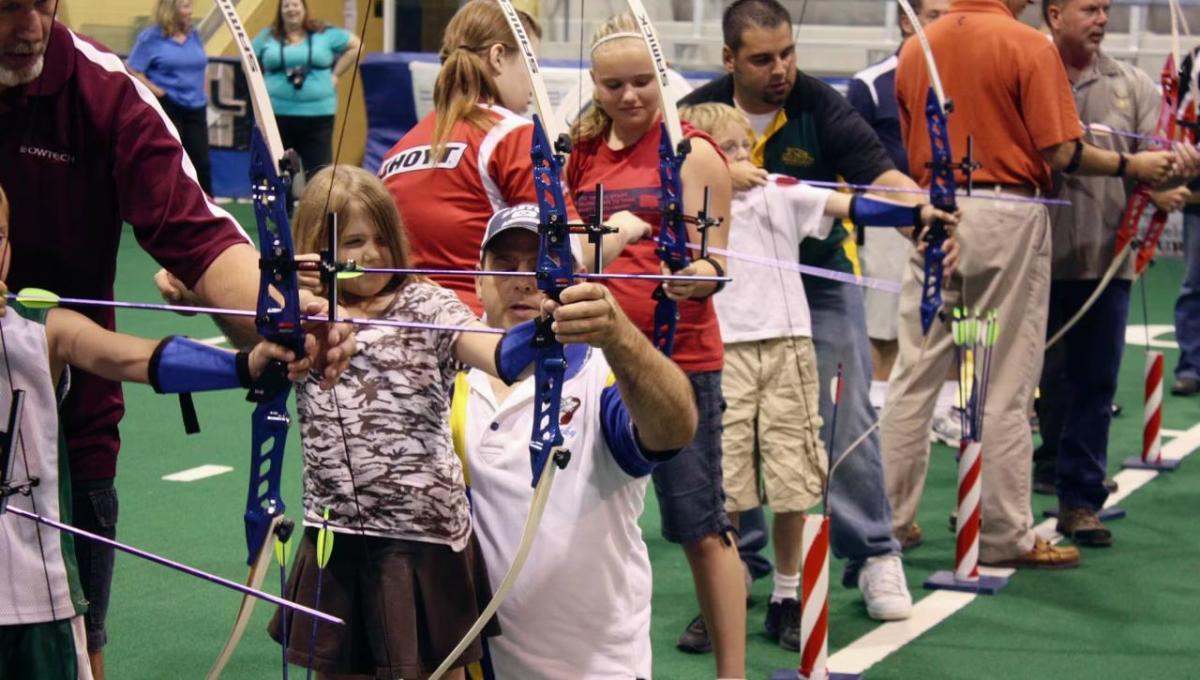
Witnessing firsts in gender equality
The Olympic Games Los Angeles 1984 marked a significant milestone in Olympic history for female athletes’ participation, demonstrating to the world that athletic excellence knows no gender. These were the Games that saw the organisation of the inaugural Olympic women’s marathon, as well as exclusively female disciplines – synchronised (now known as artistic) swimming and rhythmic gymnastics. Female athletes also competed for the first time in the 3000m and 400m hurdles, road cycling and shooting. With 23 per cent female participation, the 1984 Games set an Olympic record at the time.
Over the past four decades, progress toward gender equality in sport has accelerated both on and off the field of play. For Paris 2024, the IOC ensured gender equality by establishing an equal 50:50 quota for female and male athletes.
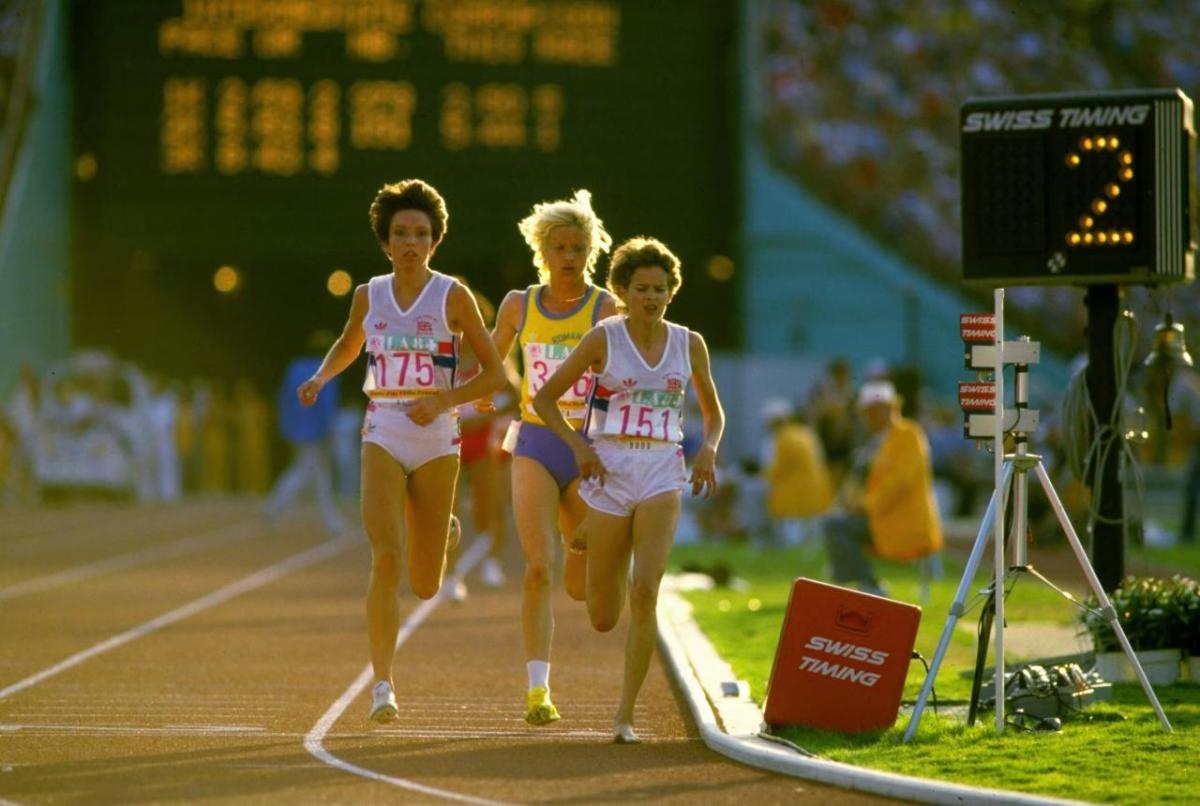
Venue legacy
LA28 organisers are taking full advantage of the flexibility provided by the IOC to create Games that fit the city. In line with the IOC’s requirement to prioritise existing and temporary infrastructure, LA28 has adopted a “radical reuse” approach, by not building a single permanent venue.
Of the 26 venues used for Los Angeles 1984, 21 are still active, hosting diverse sporting, cultural and leisure events accessible to all athletes. Among these, the Los Angeles Memorial Coliseum stands out as a true Olympic landmark, having hosted the Opening and Closing Ceremonies for the 1932 and 1984 Games, as well as track and field events.
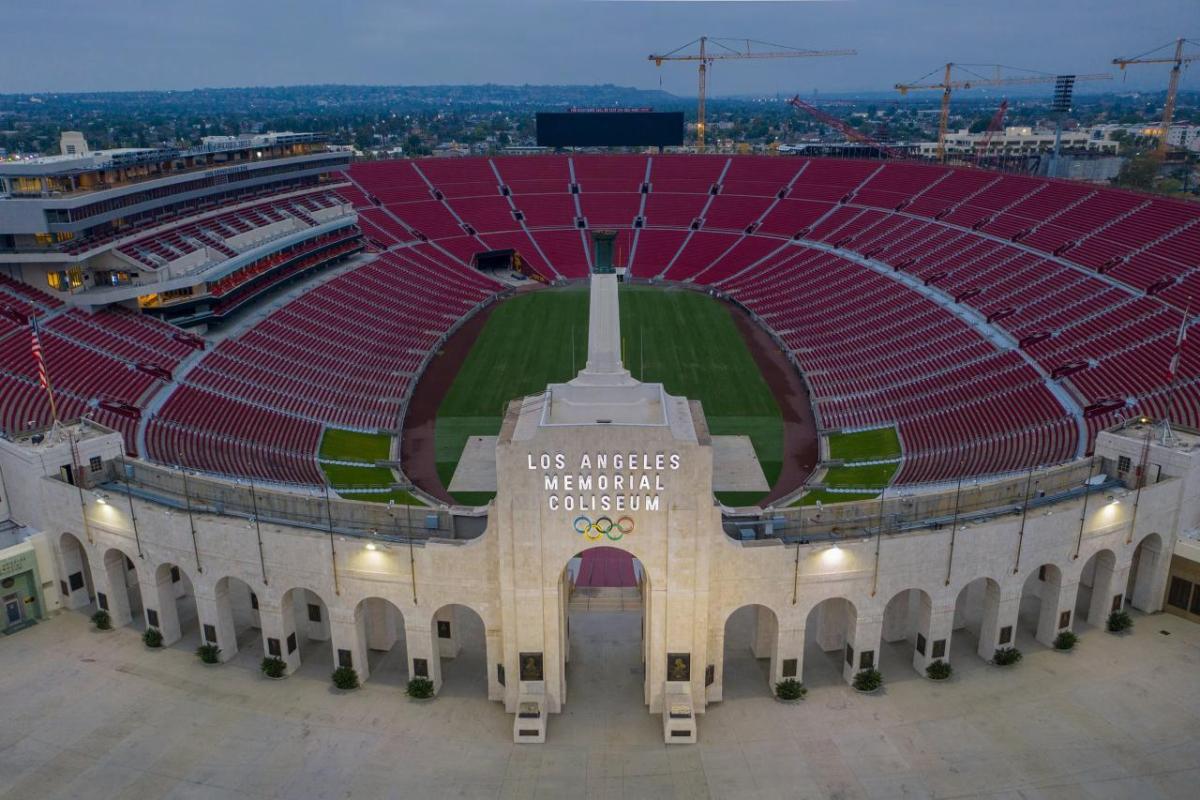
Other initiatives
The social, economic and environmental legacies of the Olympic Games Los Angeles 1984 are wide ranging and diverse. The Games pioneered a financial model through sponsor partnerships that became a model for future Games editions; cultivated a youth movement to educate young people on the Olympic values and involve them in Games-related activities; facilitated neighbourhood engagement on a volunteer basis; and implemented clean-up projects across Los Angeles; as well as planting more than 20,000 trees and bushes.
When most people think about the living legacy of the 1984 Summer Olympics, they point to the LA84 Foundation and our work to remove barriers so that all youth have access to the benefits of sports and play.
Renata Simril
President and CEO of the LA84 Foundation
“But this is just one of the many economic and social legacies left by those Games. Technology, innovation in the sponsorship model, lifting Los Angeles as a world class cultural centre following the Arts Festival, youth sports and play equity are all gifts from those Games that still endure to this day. My hope for LA28, would be that we build off of this legacy and align around the Olympic Movement’s core vision of building a better world through sports.”
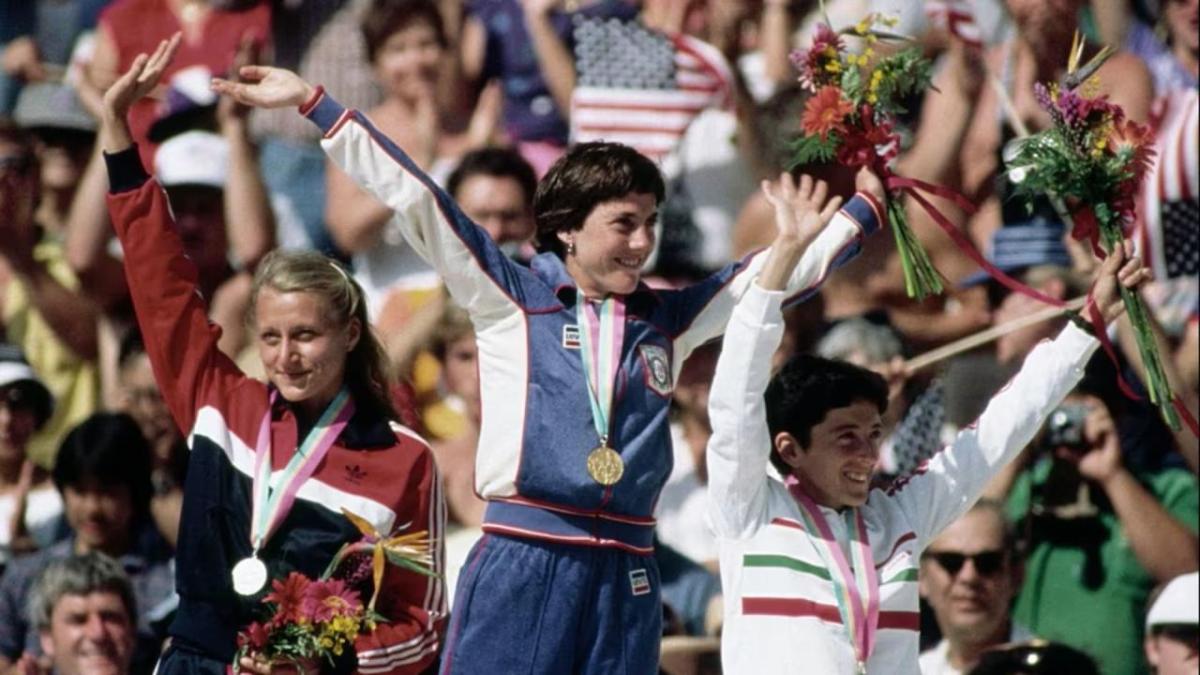
Los Angeles 1984: an influential legacy
A new financial model which became a template for future editions of the Olympic Games and a turning point for women in sport are two of the key legacies of Los Angeles 1984 - an edition which inspired a cultural step-change for the Olympic Games that can still be felt decades later.

International Olympic Committee
International Olympic Committee
The International Olympic Committee (IOC) is a not-for-profit independent international organisation that is committed to building a better world through sport. It redistributes more than 90 per cent of its income to the wider sporting movement, which means that every day the equivalent of USD 3.4 million goes to help athletes and sports organisations at all levels around the world.
As the leader of the Olympic Movement, the IOC acts as a catalyst for collaboration between all parties of the Olympic family, from the National Olympic Committees (NOCs), the International Sports Federations (IFs), the athletes and the Organising Committees for the Olympic Games (OCOGs) to the Worldwide Olympic Partners, broadcast partners and United Nations (UN) agencies, and shepherds success through a wide range of programmes and projects. On this basis, it ensures the regular celebration of the Olympic Games, supports all affiliated member organisations of the Olympic Movement and strongly encourages, by appropriate means, the promotion of the Olympic values.
More from International Olympic Committee

